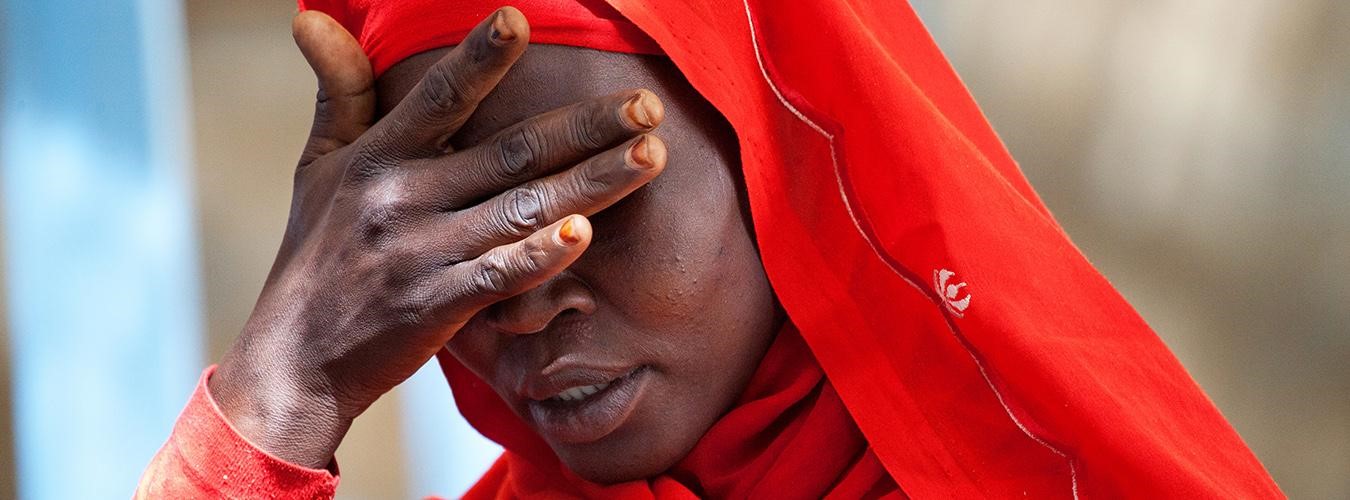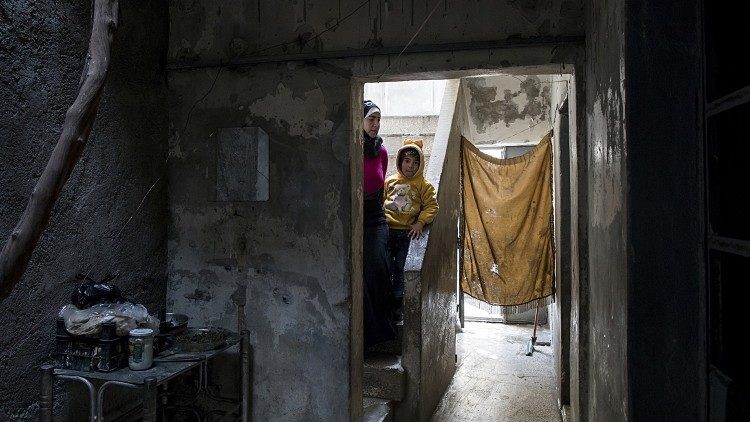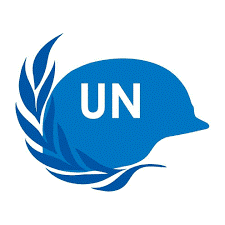
World Day for the Elimination of Sexual Violence in Armed Conflict
Perennial inhumanity around the world
History teaches us that sexual violence in war is, unfortunately, as old as the world, just think of the “Rape of the Sabine Women” of “Rome caput mundi”, the heinous rapes of the conquistadors in colonial times, for whom rape was an attractive and legitimate spoils of war: violence is at the service of military and political objectives.

Rape of the Sabine Women, Pietro da Cortona
Faced with such inhumanity, evenly distributed in vast areas of the world, the United Nations in 2008 established the “Resolution 1820” which aimed to put an end, by punishing “war criminals”, to violence in conflicts because the latter, in addition to the evil in itself that it already represented, hindered the restoration of Peace.

We are talking about rape, sexual slavery, forced prostitution, forced pregnancy and abortion, forced sterilization, imposed marriage, and other less overt but still war-related forms. In his 2020 Report on the Protection of Civilians in Armed Conflict, Antonio Guterres, UN Secretary General, highlighted how 2019 was also a year of suffering for civilians from the perspective of gender-based violence in conflict situations, also highlighting how early and forced marriages resulting from violence are on the rise, especially in displaced persons camps established as a result of wars.

A worrying aspect, Guterres added, is that the perpetrators of these crimes are to be found in all parties involved in conflicts, from regular armies to non-state armed groups. Even United Nations workers are not exempt from criticism for their actions or for abuses of power, the Secretary-General acknowledged. One of the main challenges for the United Nations is to create a robust framework of prevention, monitoring and assistance programs and actions that also cover Peacekeeping operations.

